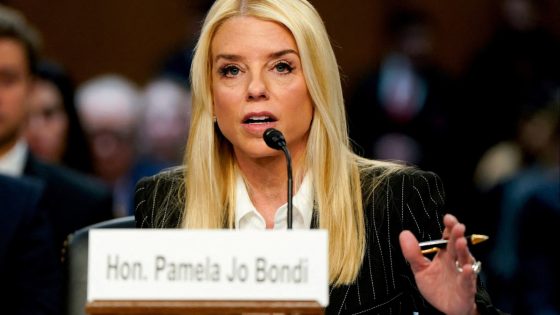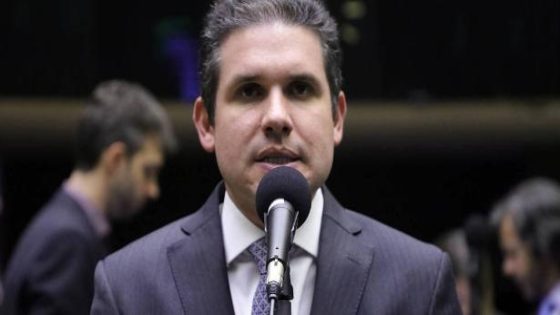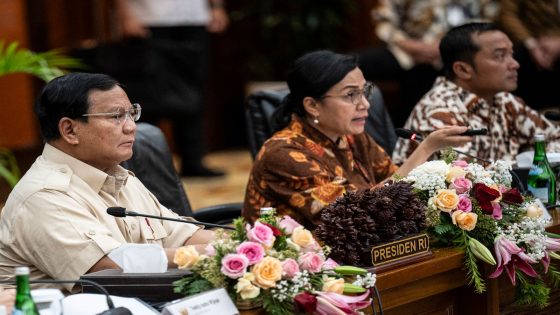On February 11, 2025, President Donald Trump signed an executive order that pauses the enforcement of U.S. laws prohibiting bribery of foreign officials. This decision has significant implications for American companies operating overseas, as it alters the regulatory landscape regarding international business practices.
- Trump halts enforcement of bribery law
- Focus on foreign officials and US firms
- Multiple news outlets report similar stories
- Executive order signed to pause enforcement
- Implications for international business practices
The move to pause the enforcement of these laws is part of a broader strategy aimed at easing regulations for U.S. businesses in global markets. The Foreign Corrupt Practices Act (FCPA), which prohibits bribery of foreign officials, has been a cornerstone of U.S. anti-corruption policy since its enactment in 1977. By suspending this law’s enforcement, the administration seeks to provide more flexibility for American firms competing internationally.
Key details surrounding this executive order include:
- The FCPA aims to promote fair competition and integrity in international trade.
- The suspension could lead to increased risks for companies engaging in overseas operations.
- This action may affect how other nations perceive U.S. commitment to combating corruption globally.
Critics argue that loosening these regulations could encourage unethical behavior among corporations and undermine efforts to combat corruption worldwide. Supporters claim it will help American businesses remain competitive against companies from countries with less stringent rules on bribery.
This development highlights a pivotal shift in U.S. policy towards international business ethics, raising questions about future compliance and accountability standards for American companies operating abroad.

































